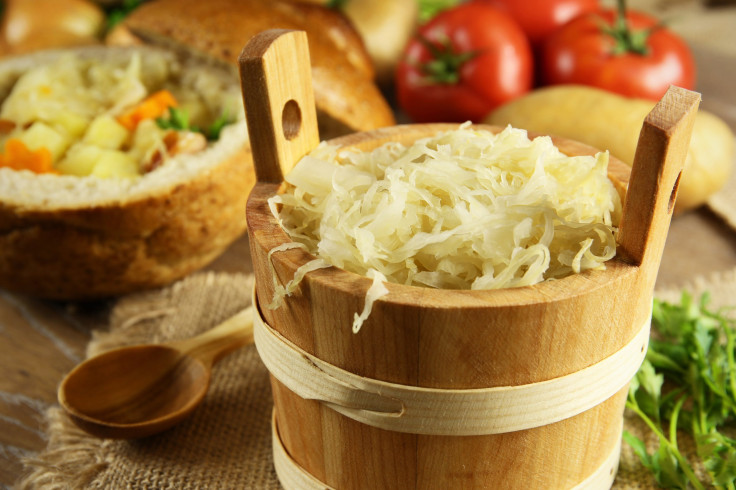Health Benefits Of Fermented Food; Ways To Include Them In Diet

The process of fermentation has been there for generations across various cultures for the convenience of storage and better shelf life of food. However, fermented foods are gaining popularity in recent years, not just for their flavor and aroma but for their nutritional value and health benefits.
Fermentation is a process of preserving food and drinks that involve controlled microbial growth and enzymatic activity. The microbes convert the sugars and starch in food into alcohol or acids, which act as natural preservatives. The process improves the taste and texture of food, leaving them with a distinctive strong, salty and slightly sour flavor.
Health benefits of fermented food
- Improves digestion - The probiotic-rich fermented food helps to alleviate digestive problems by restoring the balance of friendly bacteria in the gut.
- Boosts immunity - Studies have shown that gut health affects a person's ability to fight infections. Along with probiotics, fermented food also contains vitamin C, iron and zinc that help in boosting immunity and faster recovery from infections.
- Heart health - Probiotics in fermented food reduce blood pressure and lower the bad cholesterol that can cause heart diseases.
- Weight loss - Studies have shown that certain probiotic strains can help in weight loss and fight belly fat.
- Easier digestion - Fermented food is already broken down by the bacteria and is hence easier to digest. People intolerant to lactose may not have issues digesting fermented dairy products like kefir and yogurt as fermentation breaks down natural lactose into simpler sugars.
- Mental health - The probiotic strains Lactobacillus helveticus and Bifidobacterium longum found in fermented foods are associated with a reduction in symptoms of anxiety and depression.
Fermented foods to include in the diet
1. Kombucha - It is a fermented tea rich in probiotics, made from bacteria, yeast, sugar and tea. It can be beneficial in the treatment of irritable bowel syndrome, diarrhea and inflammatory disease. The probiotic drink is also associated with mental health benefits.
2. Kimchi - It is a spicy fermented pickle popular in Korean cuisine. Kimchi is prepared by fermenting vegetables such as celery, cabbage, Chinese turnip and cucumber in brine. It is helpful in blood sugar management, reducing inflammation and protecting heart health.
3. Sauerkraut - It is made of shredded cabbage fermented by lactic acid bacteria. It is believed to have originated in China but is now a popular condiment across different cultures. It is considered beneficial for gut health, brain health, weight loss and immunity.
4. Natto - It is a traditional Japanese food made from cooked soybeans fermented by Bacillus subtilis natto. Natto contains fiber, probiotics, vitamin K2 and nattokinase that keeps blood pressure and cholesterol under control. It is also useful in the treatment of bacterial infectious diseases.
5. Tempeh - Tempeh is made from cooked, fermented soybeans. It is a traditional Indonesian food that is popular as a meat alternative. Tempeh is a good source of protein and contains protective antioxidants.
6. Yogurt - It is made by fermenting milk with lactic acid bacteria. Studies have shown that including probiotic yogurt in the diet helps to reduce blood pressure in hypertension patients and improves bone mineral density and physical function in older adults.
Published by Medicaldaily.com



























